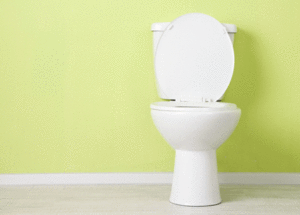TULSA WATER HEATER REPAIR SERVICES
If your water heater doesn’t seem to be delivering as much hot water in the winter, it may not have anything to do with cold temperatures. Fresh water does cool off in the winter, but if your water heating appliance is fully functional, the incoming temperature shouldn’t matter .Most problems with heating water occur when the heater:
Needs flushing.
The most common cause of high water heating bills and premature tank failure are the hard water deposits that collect at the bottom of the tank. A few won’t interfere with water heating, but if there are too many, the heating process will slow, especially in gas water heaters. A gas water heater heats from the bottom only, and when that surface is covered with hard water deposits, there won’t be as much hot water.Most electric units have two heating elements. One sits close to the bottom of the tank and the other near the top. If the bottom is covered with solids, the water won’t heat as well. One of the heating elements may also not be working and needs replacing.
Has a broken dip tube.
The dip tube is made from plastic that can become brittle and break over time. This tube connects to the cold water inlet and sends the water to the bottom of the tank where it heats up. If it’s broken, the cold water stays at the top of the tank and the water you get won’t feel as hot.
Needs insulation to combat cold temperatures.
If the tank feels hot to the touch, consider wrapping an insulation blanket around it to keep the heat inside longer.
Is too small.
If your family size has changed, someone’s taking longer showers, or you’re washing more clothes in hot water might force you to install a bigger water heater.Some of these water heater maintenance tasks might be better done by a pro. If you’d like assistance, contact Air Assurance, providing HVAC and plumbing services for Broken Arrow.
Our goal is to help educate our customers in the Tulsa and Broken Arrow, Oklahoma area about energy and home comfort issues (specific to HVAC systems). For more information about other HVAC topics, call us at 918-217-8273.









